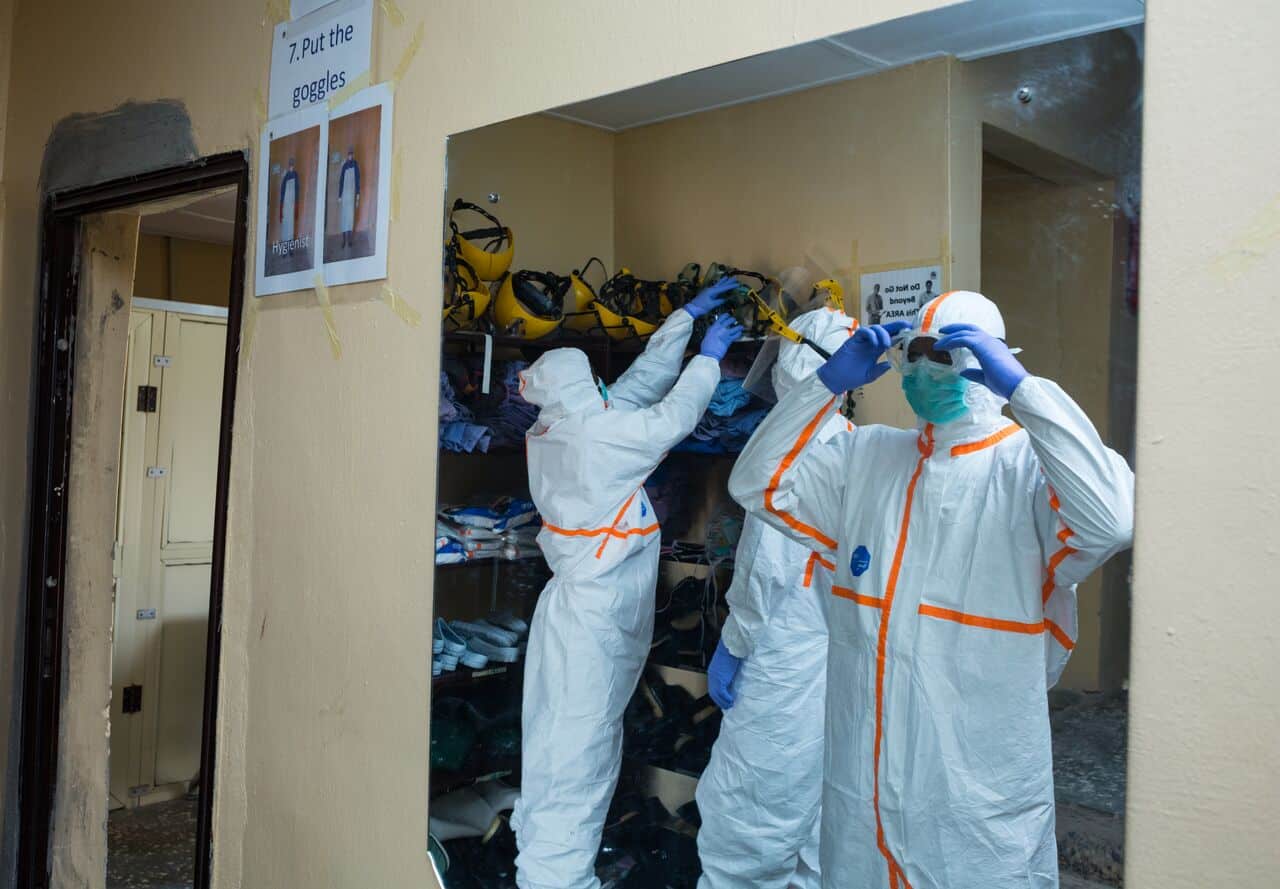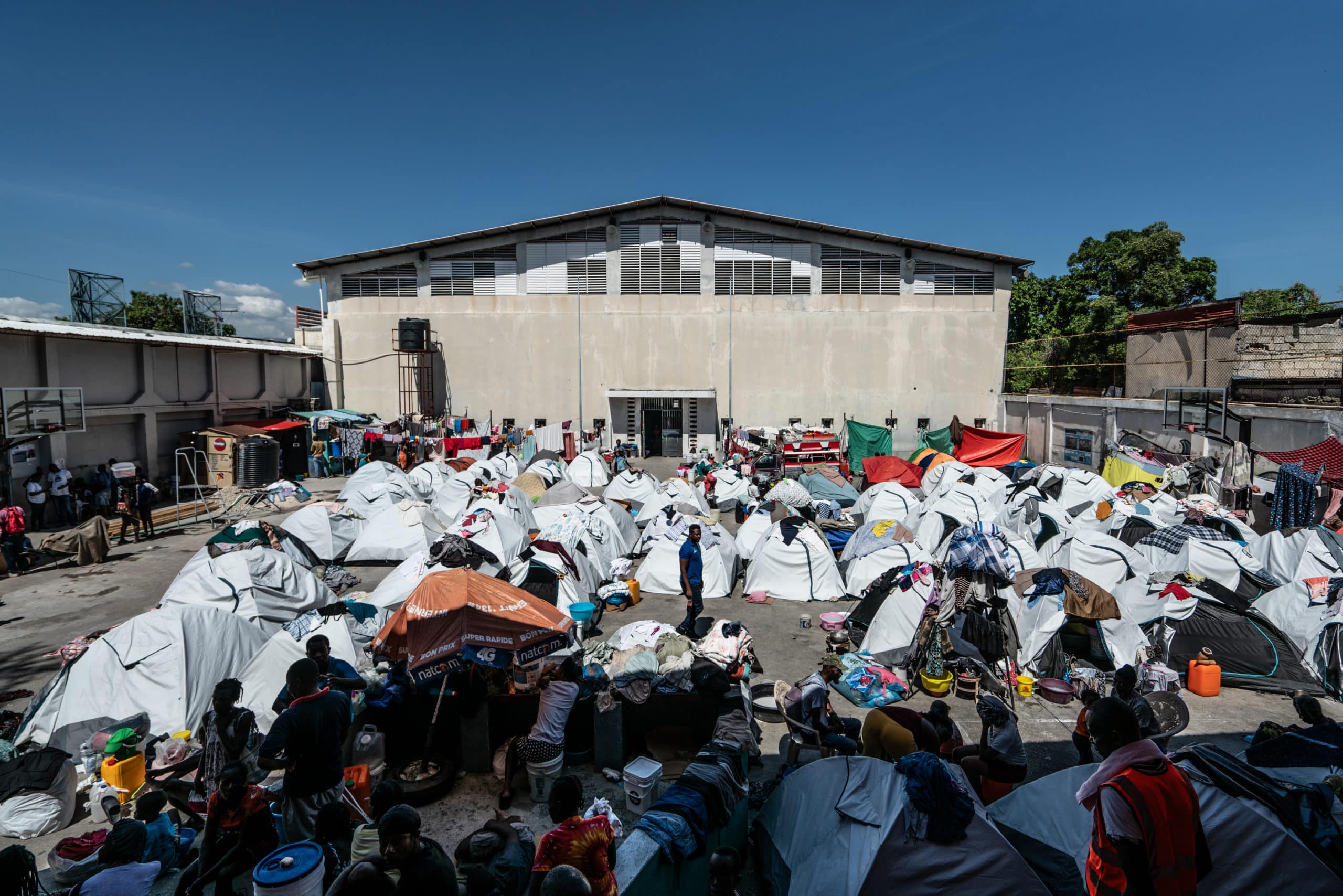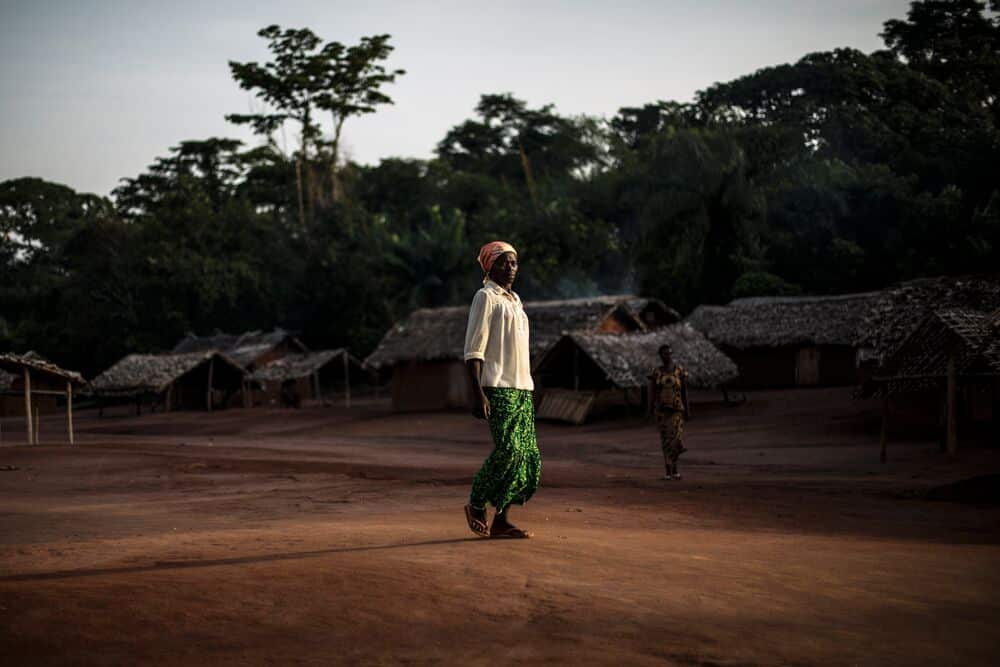According to the World Health Organization (WHO), as of May 21, at least 28 cases of Ebola have been confirmed and 27 deaths have been reported. Several hundred people who have come into contact with infected persons are currently being monitored by health authorities.
“Our team made up of doctors, nurses, logisticians and biosecurity experts are available to support the Congolese health authorities and other partners in strengthening activities to fight infection, and reinforce prevention measures within health facilities,” said Solenne Barbe, Director of Operations for ALIMA.
It is vital that medical care remains available to the entire population needing medical treatment not related to the Ebola virus disease (malaria, chronic illnesses, obstetric care, etc).
The organization is also dispatching nearly 16 tons of medical and logistical materials needed for patient isolation, medical treatment, sanitation and personal protective equipment for health workers.
The Ebola virus is transmitted among humans through direct contact with bodily fluids from infected persons, including vomit, blood, saliva, and semen. After an incubation period that lasts between 2 to 21 days, the infected person may present symptoms such as high fever, headaches, muscular pain, vomiting, diarrhea, and in some cases internal and external hemorrhages.
The fact that this outbreak is occuring in Mbandaka, a city with a population of over a million inhabitants and which is one of the major ports on the Congo River, is a cause for concern for health authorities who fear the possibility of the outbreak spreading to other areas.
“Our experience in managing outbreaks of hemorrhagic fever has demonstrated the need to intervene as early as possible,” said Solenne Barbe, “so that we can reinforce protective measures and explain to people who have been in contact with infected persons the need to notify medical personnel.”
———————————–
The Alliance for International Medical Action (ALIMA) is a humanitarian medical organization that works in close partnership with a network of national medical organizations to provide quality medical assistance for the most vulnerable, in emergency situations or recurring crises. Based in Dakar, Senegal, ALIMA has treated nearly 3 million patients in 12 countries since it was founded in 2009, and has launched more than a dozen research projects on malnutrition, malaria and the Ebola virus.
In the DRC, ALIMA continues to support the Ministry of Health to provide quality medical and nutritional care to local populations, in particular in the Kasai Region, where conflict and insecurity have led to the deterioration of the humanitarian situation.
In 2017, ALIMA treated more than 16,000 patients for malaria, conducted more than 40,000 ambulatory consultations, administered 7,3000 vaccinations and treated more than 3,000 people suffering from cholera.



